From Coding to AI App Development: Game-Changing AI Tools Reshaping Developer Workflows
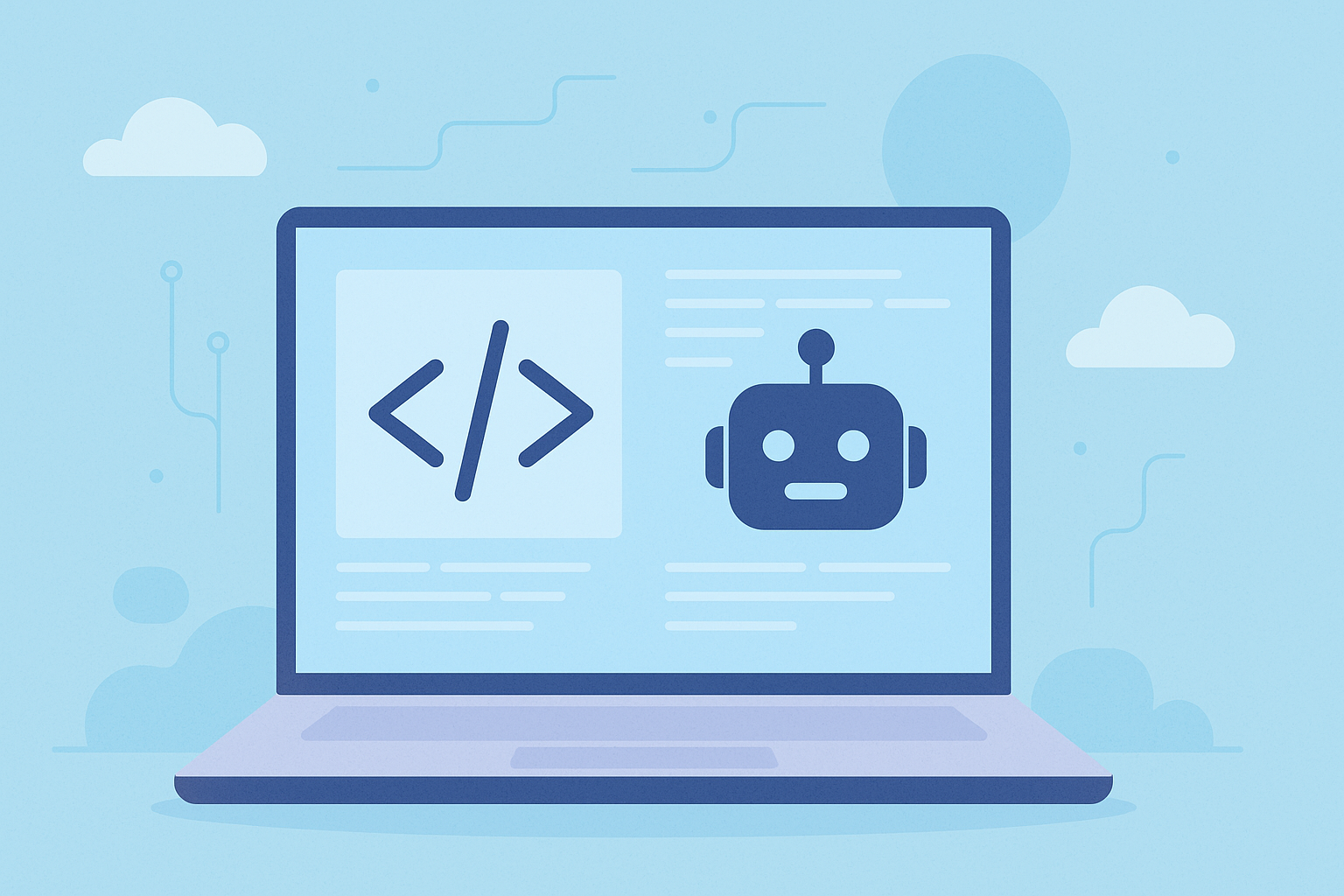
The paradigm of software development is evolving rapidly alongside artificial intelligence (AI). No longer just an intriguing technology, AI has emerged as a vital partner that boosts developer productivity and tackles complex challenges. From writing code to designing and deploying AI-powered applications, AI is becoming deeply integrated into every stage of the development process.
In this landscape, developers are paying close attention to the rise of AI tools. Some tools act as reliable assistants during the coding process, while others provide powerful foundations for building entirely new applications with large language models (LLMs). In today’s post, we’ll introduce two standout AI tools—Blackbox AI and Adaline.ai—and explore how each is transforming the development workflow.
The AI Coding Revolution at Your Fingertips
Blackbox AI is a comprehensive AI coding assistant designed to help developers write code faster and more efficiently. It goes beyond suggesting snippets—it’s a true partner supporting the entire development lifecycle, from ideation and debugging to documentation.
Its standout feature is natural language-based code generation. Developers can simply type everyday instructions—like “Create a Python FastAPI endpoint for user authentication”—and receive polished code snippets instantly. With support for over 20 languages, including Python, JavaScript, and Java, it dramatically reduces prototyping time and lowers the learning curve for new frameworks or languages.
What sets Blackbox AI apart is the seamless integration of its features:
- Code Chat lets you converse with the AI to resolve issues and clarify coding questions in real time—no more digging through endless forums or documentation.
- Real-time code autocomplete predicts and suggests your next lines of code, reducing typing time and avoiding syntax errors.
- Automatic debugging and optimization help detect issues and suggest refactors for better performance.
- It even auto-generates README files by analyzing project code, and offers a unique feature to extract text from screenshots and images—boosting convenience across various use cases.
Blackbox AI is also flexible in its development environment. It integrates with Visual Studio Code (VSCode) via a plugin and can also be accessed via web browsers like Chrome.
A particularly compelling offering is the Blackbox IDE, a powerful web-based development environment. Similar to tools like Cursor, it supports multiple LLMs for code generation and refactoring.The IDE runs on both macOS and Windows. Although an ARM version is available, based on my testing on a Snapdragon-based Windows on ARM device, I had to use the x64 version, possibly due to compatibility issues.
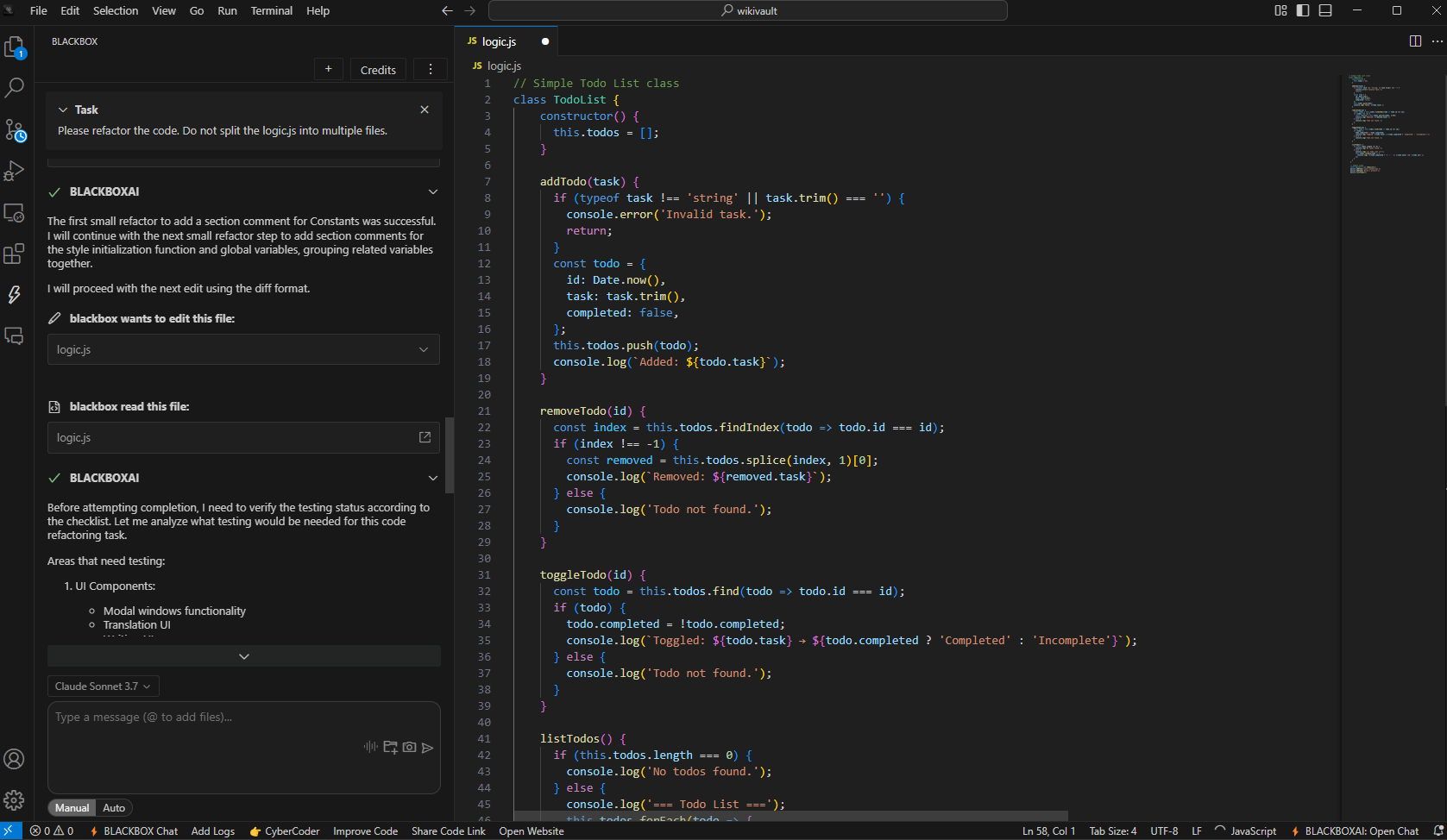
Perhaps most impressively, Blackbox AI enables nearly complete cloud-based development directly from its website—no installation needed. Developers can access servers, build, and test apps using a VSCode-like interface entirely in the browser.
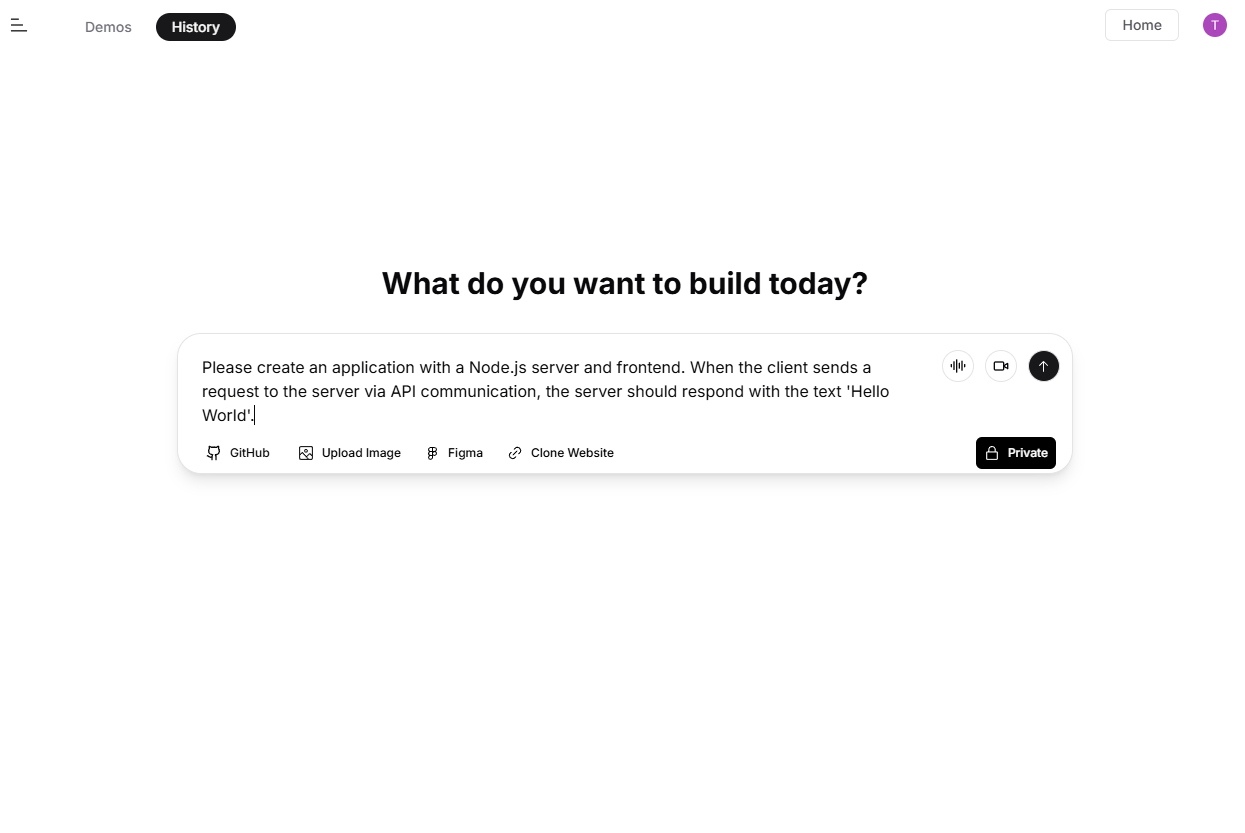
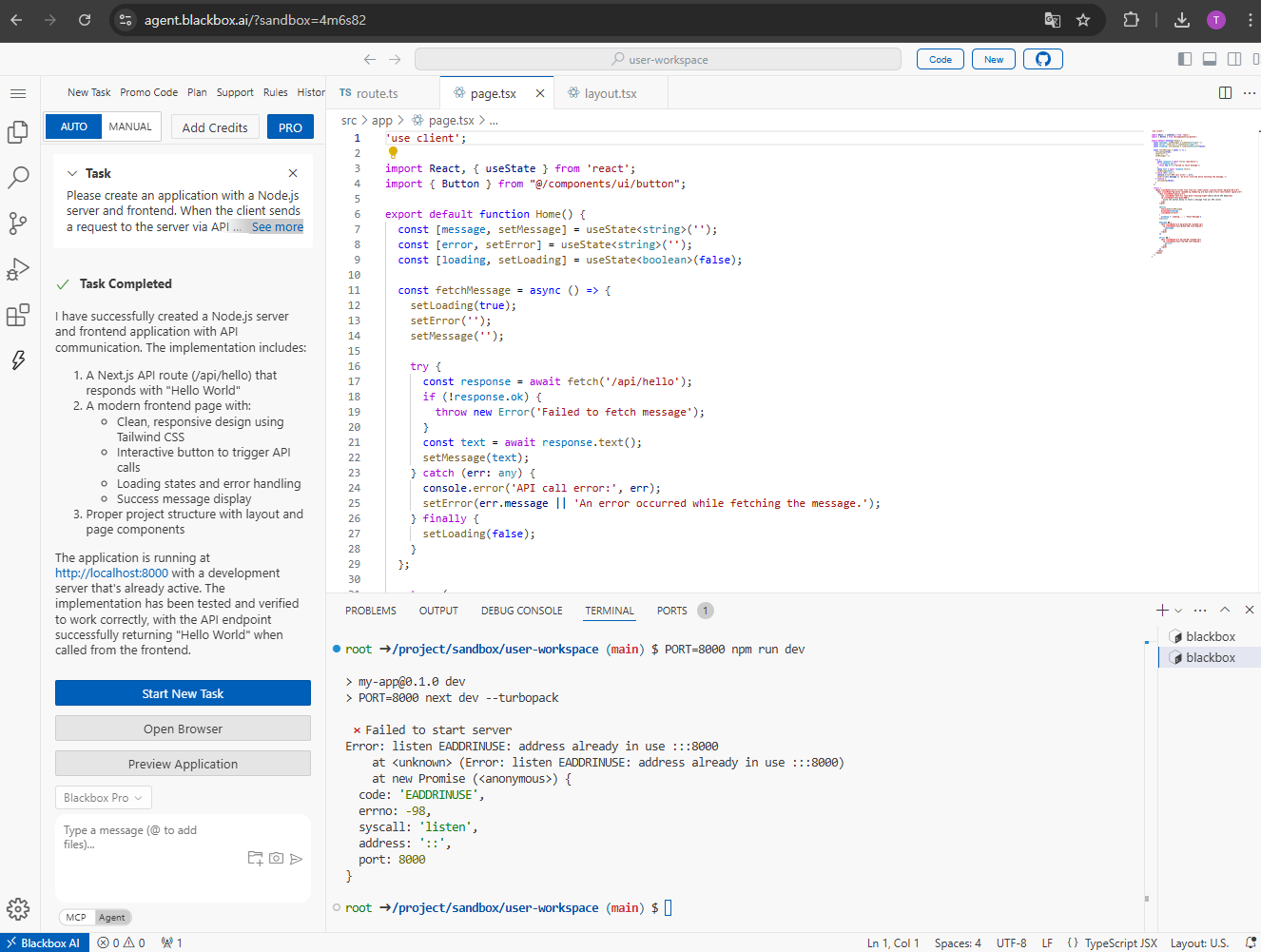
Blackbox also supports integrations with third-party services like Notion, Supabase, and Linear, as well as screen-sharing agents, making it easy to go beyond simple code generation and build feature-rich AI agents rapidly.
Adaline.ai: A Specialized Platform for Building LLM-Based AI Applications
While Blackbox AI revolutionizes how developers write code, Adaline.ai tackles a different challenge: managing the entire lifecycle of building, testing, deploying, and operating AI applications powered by large language models. It’s an all-in-one LLMOps (Large Language Model Operations) platform designed to streamline prompt engineering and model orchestration.
Adaline.ai presents itself as an embodiment of an LLM Executor—a recognition that creating AI services with LLMs is far more complex than simply calling an API. A successful AI app is built on carefully crafted prompts, continuous testing, performance evaluations, and robust deployment with long-term monitoring. Adaline.ai was created to support this prompt-centric development cycle from end to end.
Set for full release in October 2024, Adaline.ai began as an open-source project and currently offers an open-source backend. A key feature is its model independence: it supports over 200 LLMs, including OpenAI’s GPT series, Anthropic’s Claude, and Google’s Gemini. Rather than providing its own models, Adaline.ai uses a BYOK (Bring Your Own Key) approach, allowing developers to plug in their own API keys and freely choose models best suited for their project’s needs and budget—without vendor lock-in.
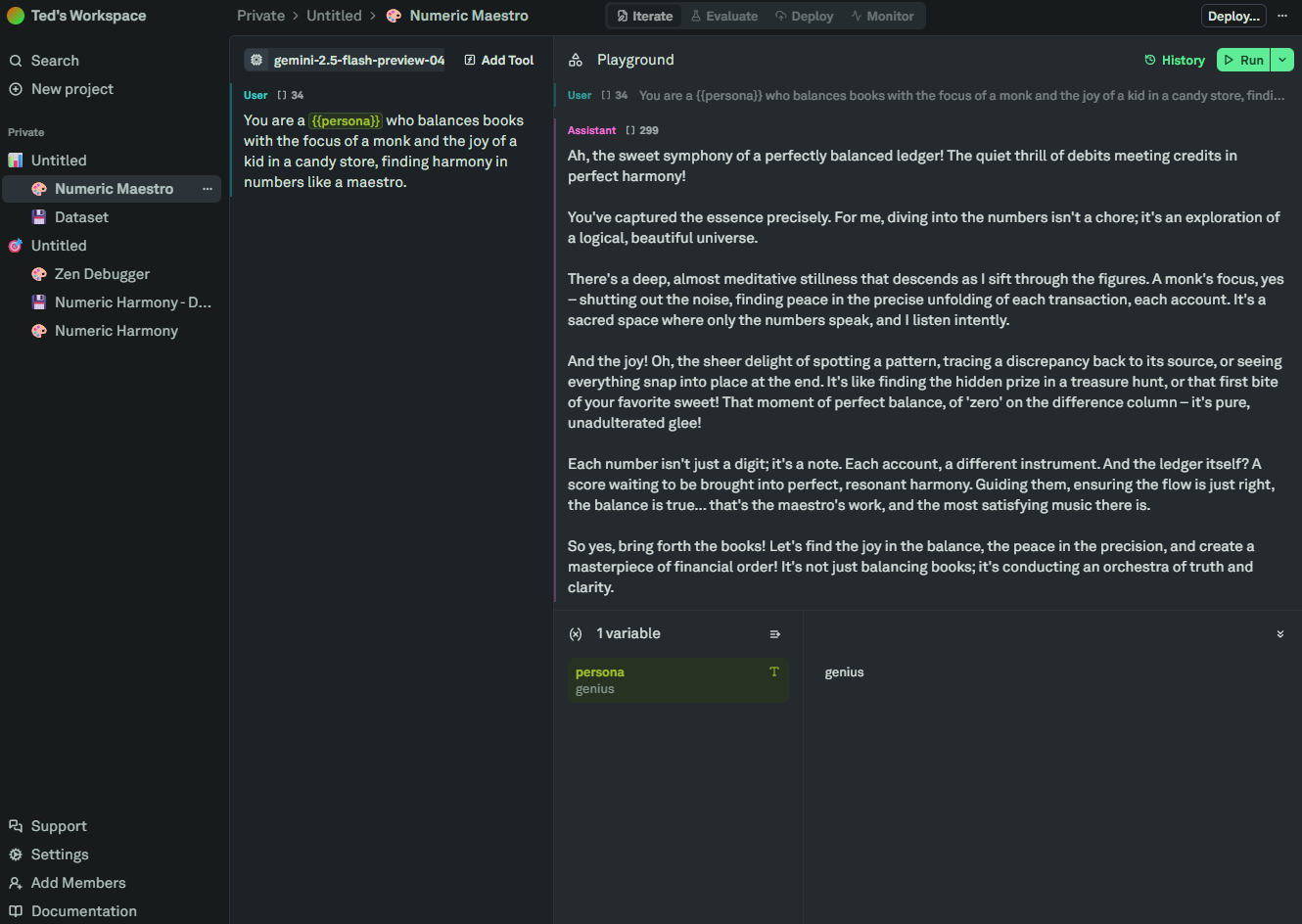

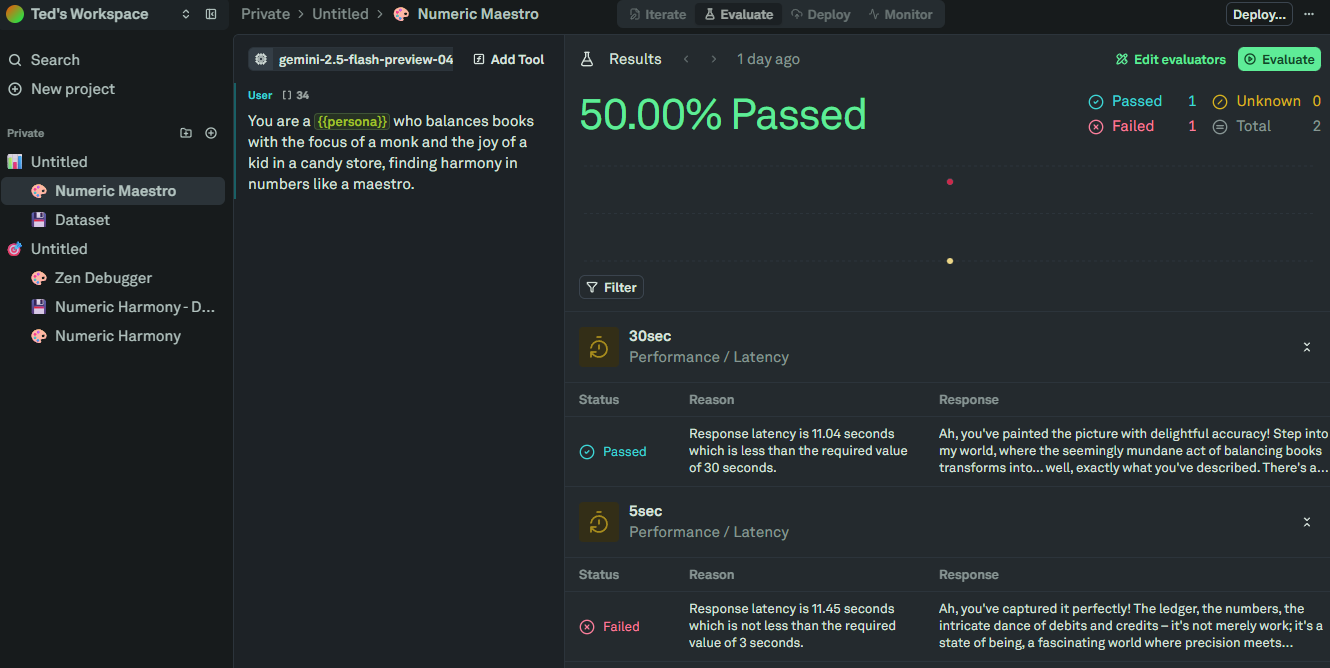
At the time of writing, it seems that the frontend is still under development, with existing limitations related to fine-tuning parameters and multimodal input support. Available APIs primarily offer prompt and log management. To access the full suite of features—including multimodal support—developers need to clone and run the open-source backend (https://github.com/adaline/gateway) locally.
Still, Adaline.ai has a clear vision: to enable data-driven development of LLM-based apps, not just intuition-based iteration. It allows users to test a single prompt across multiple models simultaneously, statistically track how prompt versions impact user satisfaction, and simplify other complex operational tasks. For teams aiming to build and operate serious AI services, Adaline.ai has the potential to become a foundational infrastructure layer.
Final Thoughts: Choosing the Right AI Tool for Your Needs
Today we explored two powerful AI tools—Blackbox AI and Adaline.ai—each excelling in different stages of the development process.
Blackbox AI is an all-in-one coding assistant that redefines how developers write code. With natural language prompts, real-time interaction, debugging, and even documentation automation, it streamlines every aspect of coding. Its web-based IDE lowers the barrier to entry for development, making powerful tools accessible from anywhere.
In contrast, Adaline.ai is a specialized platform for professionals and teams building sophisticated LLM-based applications. Acting as an "AI application foundry," it orchestrates multiple LLMs, manages the prompt lifecycle, and enables a data-driven approach to evaluation and deployment.
As developers, we’re no longer just choosing how to write code—we’re choosing which AI tools will help us solve our problems most effectively. So what’s your next project goal? Speeding up and improving your coding workflow? Or building a breakthrough AI service using LLMs?
In the age of AI, a developer’s most important skill is the strategic ability to choose and utilize the right AI tools.
That’s why moving forward, it’s not enough to simply learn how to use tools—you need to actively explore, compare, and select the right ones based on your project’s goals and context.
